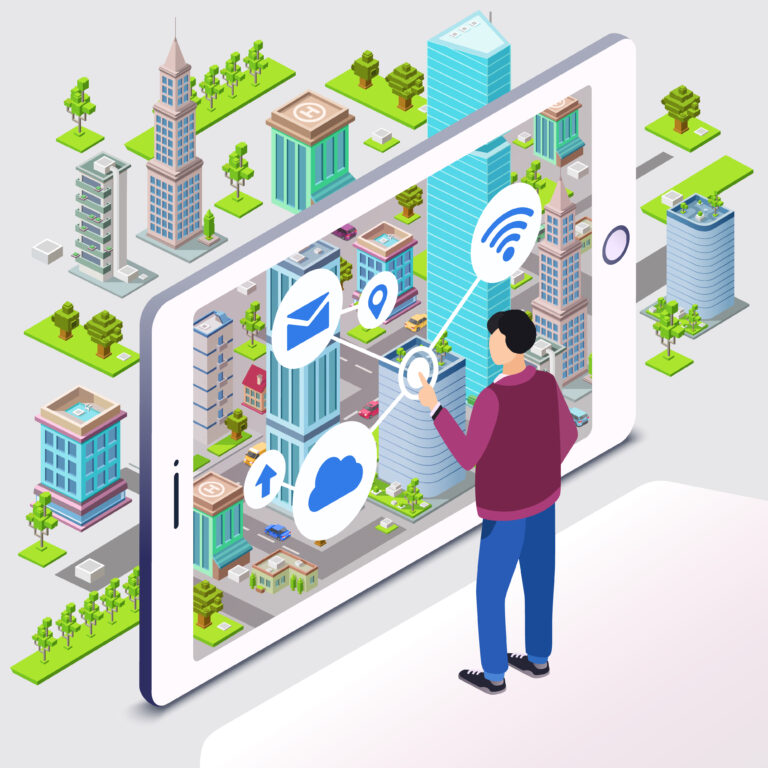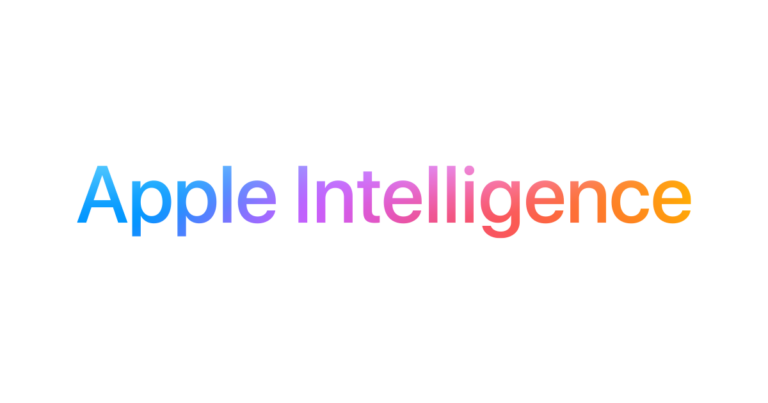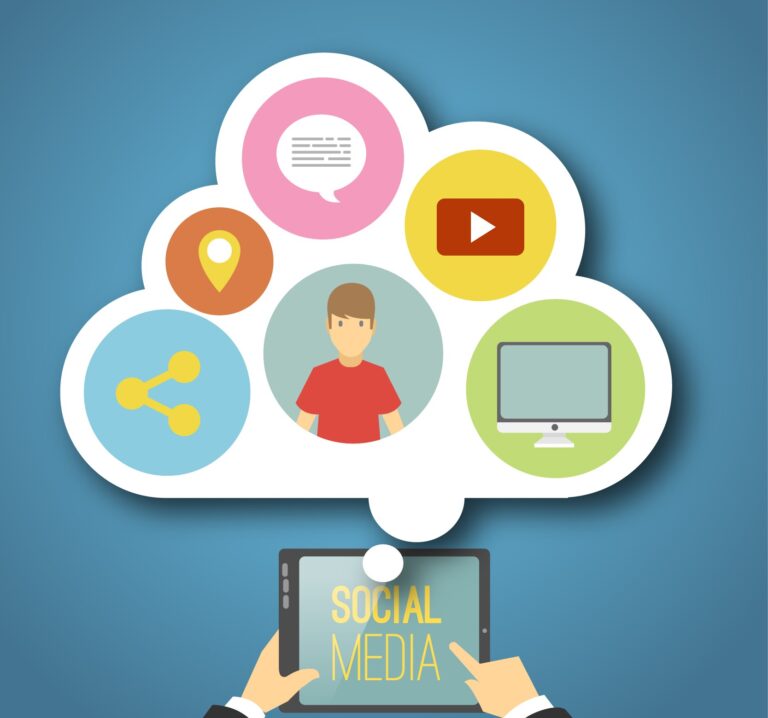How Technology is Transforming the Music Industry
Technology has dramatically reshaped the music industry, transforming how music is created, distributed, and consumed. From the rise of digital streaming platforms to innovative tools for music production and promotion, technology continues to revolutionize every aspect of the industry. Here’s a look at how technology is driving these changes.
Digital Streaming Platforms
The advent of digital streaming platforms has revolutionized the way we listen to music.
Accessibility and Convenience
- Unlimited Access: Platforms like Spotify, Apple Music, and Amazon Music provide access to millions of songs at our fingertips.
- On-Demand Listening: Users can listen to their favorite tracks anytime, anywhere, without the need to purchase individual songs or albums.
- Personalized Playlists: Advanced algorithms curate personalized playlists based on listening habits, introducing users to new music they’re likely to enjoy.
Artist Exposure
- Global Reach: Independent artists can reach a global audience without needing a major record label.
- Data Insights: Streaming services offer detailed analytics, helping artists understand their audience and optimize their promotional strategies.
Music Production
Technological advancements have democratized music production, making it more accessible and affordable.
Digital Audio Workstations (DAWs)
- Home Studios: DAWs like Ableton Live, FL Studio, and Pro Tools allow musicians to produce professional-quality music from their home studios.
- Ease of Use: User-friendly interfaces and extensive online tutorials make it easier for beginners to start producing music.
Virtual Instruments and Plugins
- Sound Libraries: Virtual instruments and plugins provide access to a vast array of sounds and effects, expanding creative possibilities.
- Cost-Effective: These tools are often more affordable than traditional instruments and recording equipment, lowering the barrier to entry for new musicians.
Social Media and Promotion
Social media platforms have become essential tools for music promotion and fan engagement.
Direct Interaction
- Fan Engagement: Artists can engage directly with their fans through platforms like Instagram, Twitter, and TikTok, building a loyal following.
- Live Streaming: Live streaming on platforms like Twitch and YouTube allows artists to perform for their audience in real-time, even during times when live concerts are not possible.
Viral Marketing
- Challenges and Trends: Viral challenges and trends on platforms like TikTok can propel songs to instant fame.
- Influencer Collaborations: Collaborating with social media influencers can amplify an artist’s reach and visibility.
Blockchain and NFTs
Blockchain technology and non-fungible tokens (NFTs) are opening new avenues for revenue and ownership in the music industry.
Digital Ownership
- NFTs: Artists can sell NFTs representing ownership of unique digital items, such as exclusive tracks, album art, or concert tickets.
- Royalties: Blockchain technology can ensure transparent and secure distribution of royalties to artists and creators.
Direct Monetization
- Crowdfunding: Platforms like Patreon allow fans to directly support their favorite artists, providing a steady income stream.
- Smart Contracts: Smart contracts can automate and enforce royalty payments, ensuring artists are fairly compensated.
Live Performances and Virtual Concerts
Technology is enhancing live performances and enabling virtual concerts.
Augmented Reality (AR) and Virtual Reality (VR)
- Immersive Experiences: AR and VR technologies create immersive concert experiences, allowing fans to feel like they’re attending live events from the comfort of their homes.
- Virtual Venues: Platforms like Fortnite and Roblox have hosted virtual concerts, attracting millions of viewers and creating new revenue streams for artists.
Livestreaming
- Global Audience: Livestreaming concerts on platforms like YouTube, Twitch, and Facebook Live can reach a global audience, increasing accessibility.
- Interactive Features: Livestreams often include interactive features, such as live chat and virtual meet-and-greets, enhancing fan engagement.
Music Distribution
Digital distribution platforms have simplified the process of getting music to listeners.
Aggregators
- Global Reach: Aggregators like DistroKid, TuneCore, and CD Baby distribute music to major streaming platforms, ensuring global availability.
- Cost-Effective: These services offer affordable distribution plans, making it easier for independent artists to release their music.
Direct-to-Fan Platforms
- Bandcamp and SoundCloud: Direct-to-fan platforms enable artists to sell their music directly to listeners, keeping a larger share of the revenue.
- Merchandising: These platforms also offer options for selling merchandise, concert tickets, and more, providing additional revenue streams.
Conclusion Technology is profoundly transforming the music industry, offering new tools and opportunities for artists and fans alike. From digital streaming and social media promotion to blockchain and virtual concerts, technological advancements are reshaping how music is created, distributed, and experienced. As these technologies continue to evolve, they will undoubtedly unlock even more possibilities, further revolutionizing the music landscape and enhancing the connection between artists and their audiences. Embracing these innovations will be key for artists and industry professionals to thrive in the ever-changing music industry.






